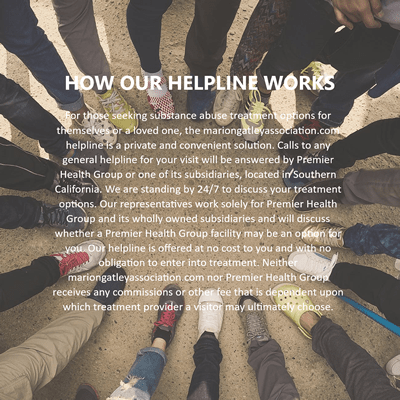Experts nowadays not only regard addiction to certain substances or behavior to be of an effect of pure social pressure but they also attribute this to cognitive influence. Thus the emergence of Cognitive Behavioral Therapy (CBT) that aims to disrupt the connection between mental behavior and addiction.
Cognitive Behavior and the Self Fulfillment Theory
When we talk about cognitive behavior, we are discussing certain suppositions and experience-knowledge associations. This means that these are the knowledge or concepts that have formed inside our heads due to experiences. These created abstracts are then associated to how we think, we behave, and how we idealize other’s perception of us and our connection to people, places, or things.
So, how can this possibly cause addiction? Scientists have introduced the concept of self fulfillment theory. In simple words, this is how we are impacted by the way we think or how we are influenced by our expectations.
It is like you attract what you think not because the whole of the universe conspires to give you what you think you want but because your mood and your behavior mold according to your own thoughts. For example, when you believe that people will not like your presentation this will automatically generate less confident expressions. You may stammer, get mental blocked, or simply, you may not even be able to stand properly.
In short, the way you think acts on your system that it gives into what it thinks it needs to cope.
Principle of Behavior and Addiction
This is exactly the principle that follows the behavior-addiction models. If you would research on this, there would be a lot of proven and professionally studied researches on the matter. They are all complicated and jargonized but they all boil down to this simple idea: your addiction is caused by your own misbelief on what a certain thing can do for you. And here’s the rub: experts claim that these ideologies are unconscious. This means that most people are unaware of their thought patterns and as a result, develop addiction without them noticing.
For example, there was a time you were stressed and you drank coffee then you felt relaxed. Of course there could have been other factors that helped you calm down but the most noticeable thing you did and you remember was drinking coffee. So now you have unconsciously created a connection between coffee and stress reduction. This could object you to always look for coffee whenever stress is triggered. Too much dependence causes substance inclination or as they call it, addiction.
This is similar to what happens with substance abuse. People associate usage to certain biological benefits, which according to research, are unreal and are just hypotheses.
Intervention
Now, since the root cause of addiction is not just the availability of the product or peer pressure, but of misguided thoughts, experts reconstruct thought patterns through the CBT. It is a form of psychotherapy that helps problem management through changing unhealthy thinking habits which entails professional intervention. If you are ready to begin a life changing addiction treatment program, call our helpful intake coordinators at Intervention Drug Rehab Association today.



